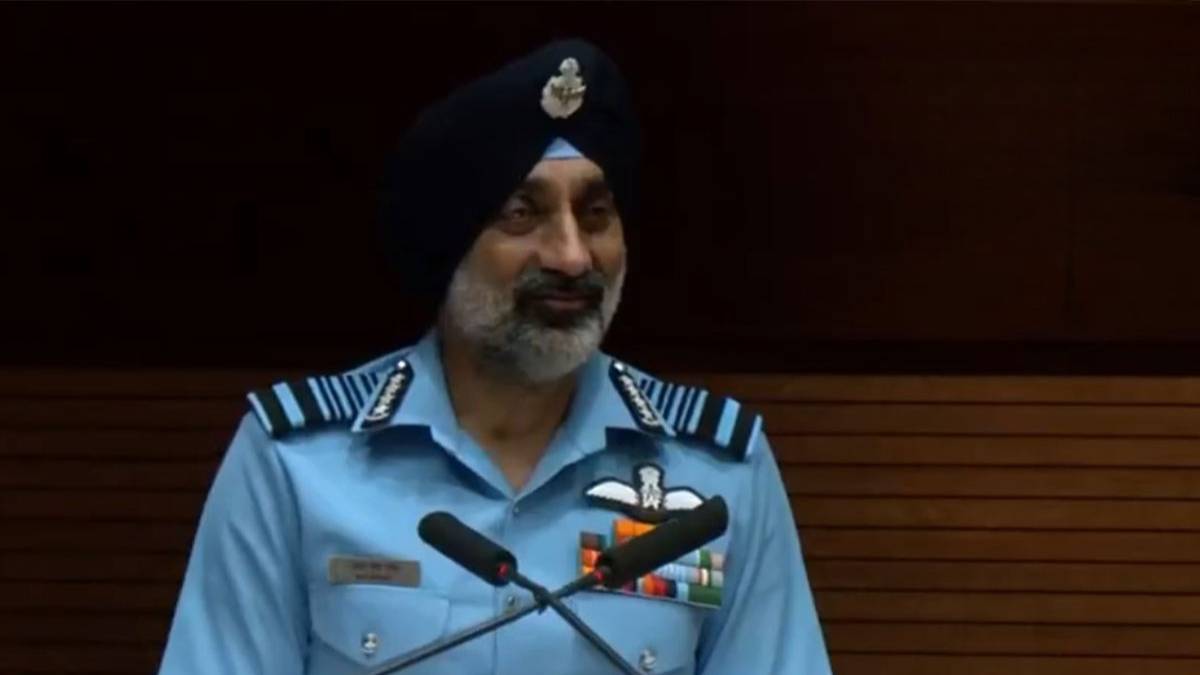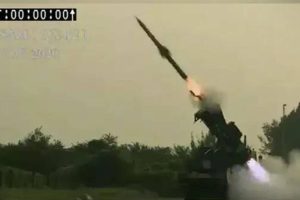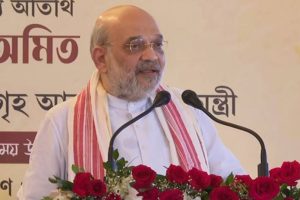Chief of the Air Staff, Air Chief Marshal AP Singh, on Saturday attributed the success of Operation Sindoor to the Central government’s “clear political will” and the complete operational freedom granted to the armed forces.
Speaking at the HAL Management Academy in Bengaluru, Singh said there were “no restrictions” imposed on the Indian Armed Forces during the operation, and any constraints were self-imposed by the forces themselves. “A key reason for success was the presence of political will. There were very clear directions given to us… We decided the rules of engagement, controlled escalation, and had full freedom to plan and execute,” he said.
He also highlighted the role of the Chief of Defence Staff (CDS) in ensuring seamless coordination between the Army, Navy, and Air Force, with the National Security Advisor playing a major role in uniting various agencies.
The remarks came amid criticism from Leader of Opposition Rahul Gandhi, who, during a Parliament debate on Operation Sindoor, accused the government of lacking political will and imposing constraints that allegedly led to the loss of Indian fighter jets. Gandhi claimed the government had informed Pakistan in advance that military targets would not be hit, effectively “tying the pilots’ hands.”
Operation Sindoor, launched on May 7, was India’s decisive military response to the April 22 Pahalgam terror attack that claimed 26 lives. The Indian Armed Forces struck terror infrastructure in Pakistan and Pakistan-occupied Jammu and Kashmir, eliminating over 100 terrorists linked to Jaish-e-Mohammed, Lashkar-e-Taiba, and Hizbul Mujahideen.
Pakistan retaliated with cross-border shelling, drone attacks, and military activity along the Line of Control, prompting India to destroy radar systems, communication centres, and airfields at 11 Pakistani airbases, including Nur Khan air base.





